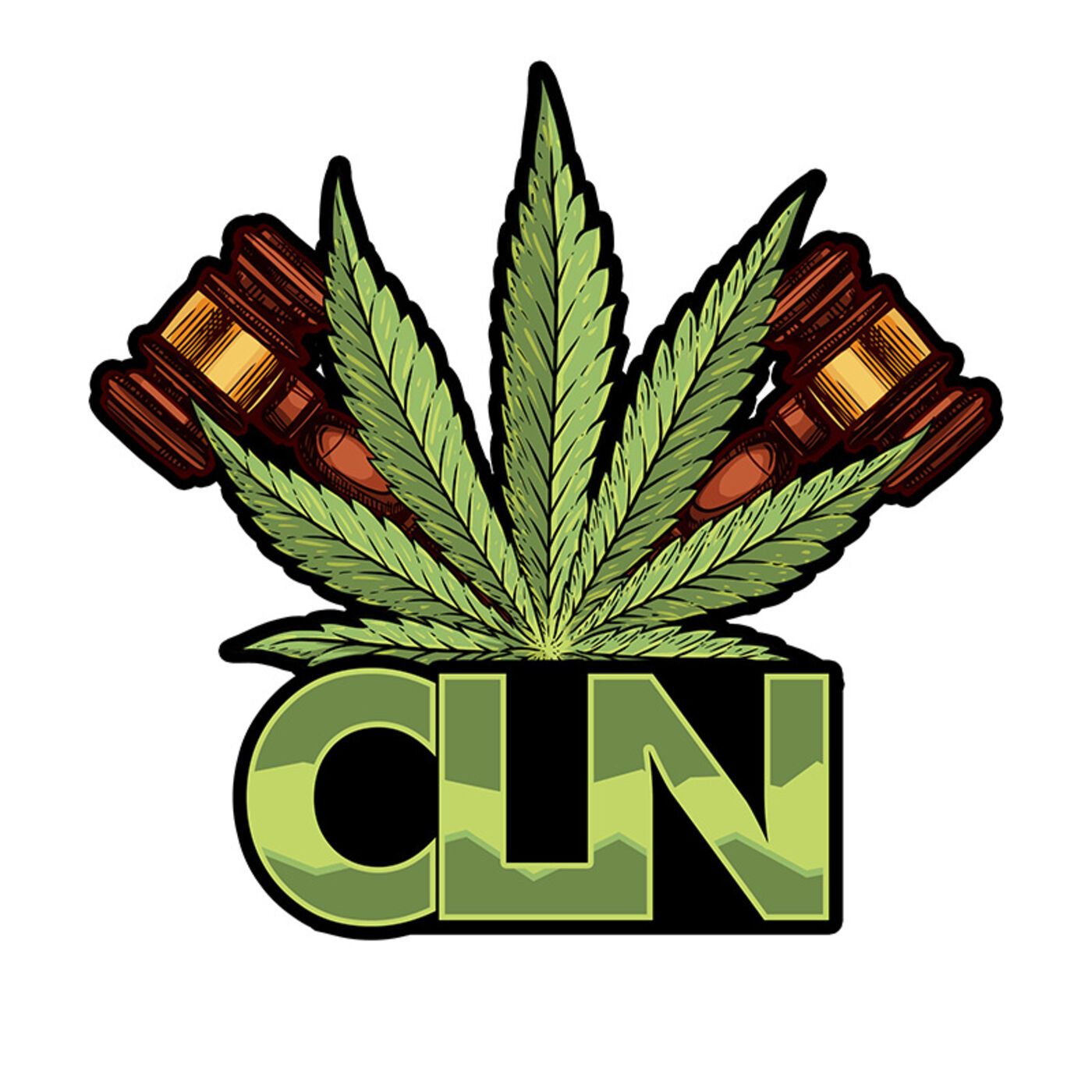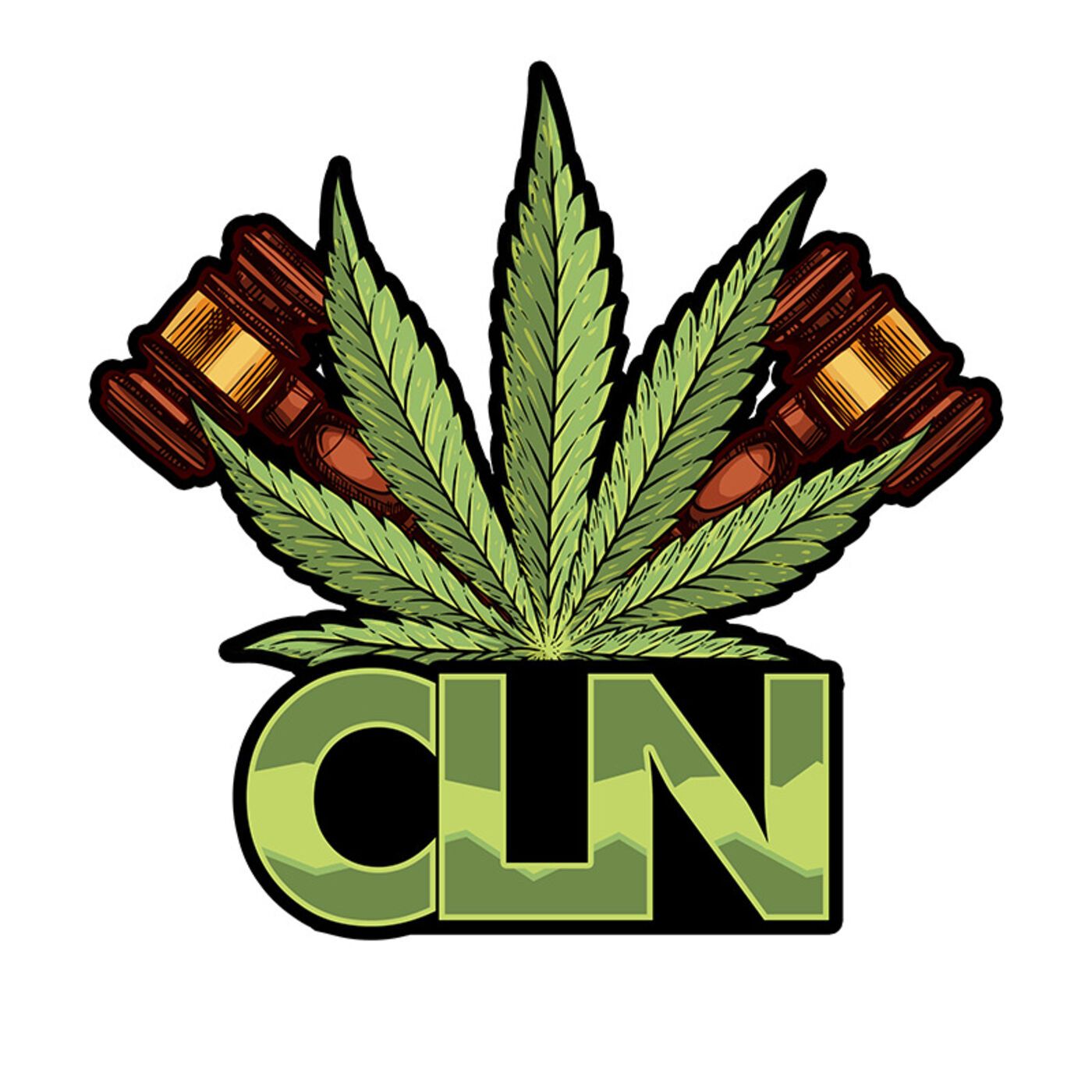
This episode is age restricted for viewers under +18
Create an account or login to confirm your age.
- After-Shows
- Alternative
- Animals
- Animation
- Arts
- Astronomy
- Automotive
- Aviation
- Baseball
- Basketball
- Beauty
- Books
- Buddhism
- Business
- Careers
- Chemistry
- Christianity
- Climate
- Comedy
- Commentary
- Courses
- Crafts
- Cricket
- Cryptocurrency
- Culture
- Daily
- Design
- Documentary
- Drama
- Earth
- Education
- Entertainment
- Entrepreneurship
- Family
- Fantasy
- Fashion
- Fiction
- Film
- Fitness
- Food
- Football
- Games
- Garden
- Golf
- Government
- Health
- Hinduism
- History
- Hobbies
- Hockey
- Home
- How-To
- Improv
- Interviews
- Investing
- Islam
- Journals
- Judaism
- Kids
- Language
- Learning
- Leisure
- Life
- Management
- Manga
- Marketing
- Mathematics
- Medicine
- Mental
- Music
- Natural
- Nature
- News
- Non-Profit
- Nutrition
- Parenting
- Performing
- Personal
- Pets
- Philosophy
- Physics
- Places
- Politics
- Relationships
- Religion
- Reviews
- Role-Playing
- Rugby
- Running
- Science
- Self-Improvement
- Sexuality
- Soccer
- Social
- Society
- Spirituality
- Sports
- Stand-Up
- Stories
- Swimming
- TV
- Tabletop
- Technology
- Tennis
- Travel
- True Crime
- Episode-Games
- Visual
- Volleyball
- Weather
- Wilderness
- Wrestling
- Other
What Does Schedule III Cannabis Mean for the Industry?
The U.S. Department of Health and Human Services (HHS) recently recommended that cannabis be rescheduled from Schedule I to Schedule III under the federal Controlled Substances Act (CSA). Schedule I controlled substances are considered to have no currently accepted medical use and a high potential for abuse. Schedule III controlled substances are considered to have a moderate to low potential for abuse and a currently accepted medical use. The HHS recommendation is based on a scientific and medical review of cannabis that was conducted by the Food and Drug Administration (FDA). The FDA review found that there is "substantial evidence" that cannabis and cannabis-derived products are effective in treating certain medical conditions, such as chronic pain, nausea and vomiting associated with chemotherapy, and spasticity associated with multiple sclerosis. The HHS recommendation is non-binding, and the final decision on whether to reschedule cannabis will be made by the Drug Enforcement Administration (DEA). The DEA is expected to take several months to review the HHS recommendation and make a decision. If the DEA does reschedule cannabis to Schedule III, it would be a significant step forward for the cannabis industry. It would make it easier for researchers to study cannabis and for doctors to prescribe it to patients. It would also make it easier for businesses to sell and distribute cannabis products. However, even if the DEA reschedules cannabis to Schedule III, it would still be illegal to possess, distribute, or manufacture cannabis under federal law. The only way to make cannabis legal under federal law would be for Congress to pass a law specifically legalizing it. The HHS recommendation is a positive development for the cannabis industry, but it is important to remember that it is just a recommendation. The DEA has the final say on whether to reschedule cannabis, and it is possible that the DEA will decide to keep cannabis in Schedule I. Only time will tell what the DEA will decide. However, the HHS recommendation is a significant step forward, and it is a sign that the federal government is slowly starting to come to terms with the reality of cannabis. Here are some of the potential benefits of rescheduling cannabis to Schedule III: It would make it easier for researchers to study cannabis and for doctors to prescribe it to patients. It would make it easier for businesses to sell and distribute cannabis products. It could reduce the number of people who are incarcerated for cannabis-related offenses. It could generate tax revenue for the government.

